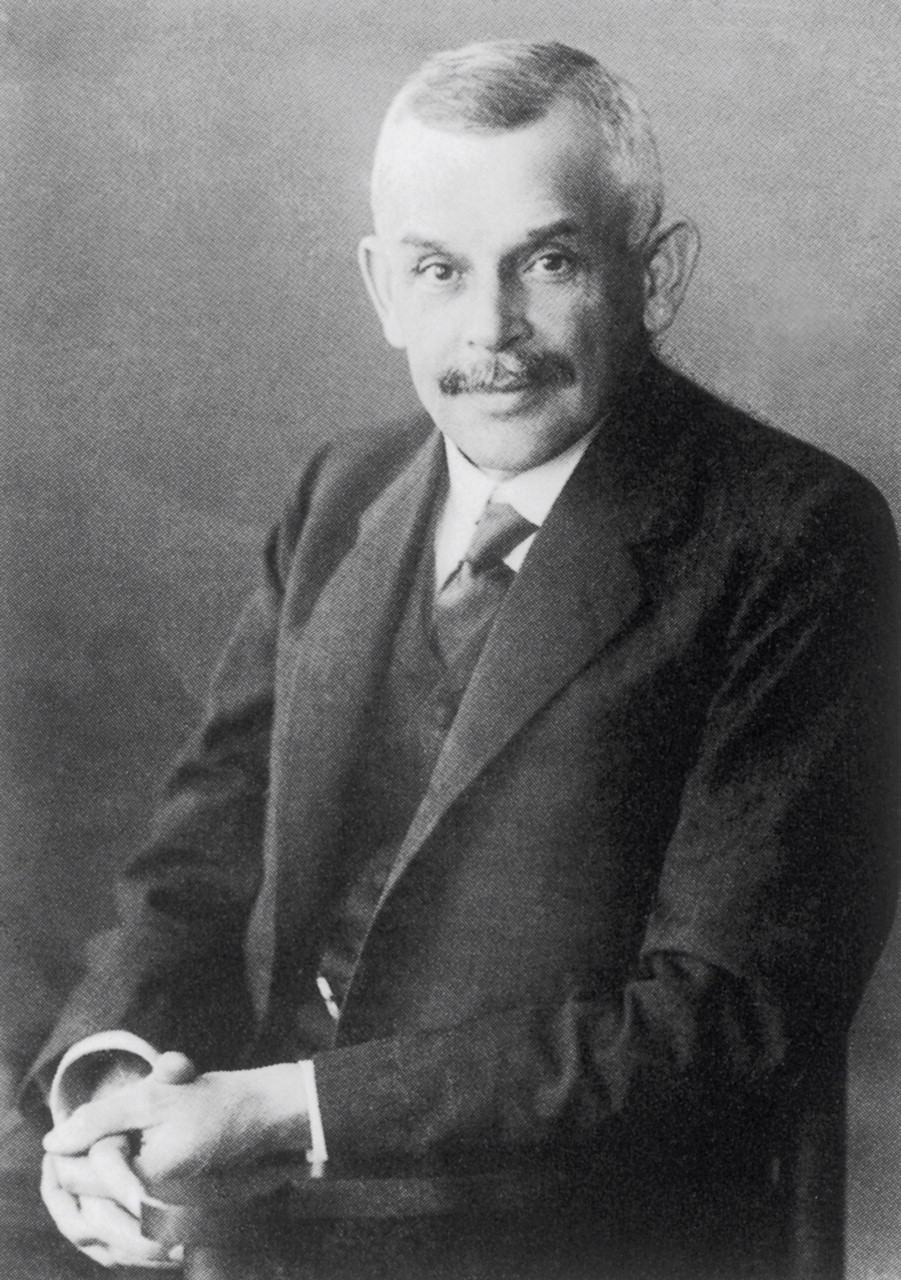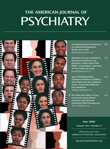Karl Bonhoeffer was born in 1868 in Neresheim, Württemberg (southern Germany) and studied medicine in Tübingen, Berlin, and Munich. In 1904, he was elected chair of the Department of Psychiatry at the University of Breslau/Wroclaw Mental Hospital, where he worked together with Carl Wernicke (1848–1905), known for his research on aphasia. In 1912 Bonhoeffer moved to Berlin, where he was elected chair of the Department of Psychiatry and Neurology at the Charité Hospital. Karl Bonhoeffer’s description and classification of symptomatic psychoses (acute exogenous reaction type) in 1908 profoundly enhanced the distinction between exogenous and endogenous psychoses
(1) . He emphasized the symptom of impaired consciousness, which in his view characterized exogenous psychoses such as delirium. His work provided clear evidence that psychopathological syndromes for a large variety of somatic disturbances are limited in number and therefore etiologically nonspecific. His findings countered Kraepelin’s assertion that psychiatric phenotypes identify disease entities and presaged the modern view that these phenotypes are likely to be etiologically heterogeneous.
As early as 1920, the year the National Socialist German Workers Party, or NSDAP (commonly known as the Nazi Party), was founded, Karl Bonhoeffer stated that the deprivation caused by World War I endangered Germany’s capability to care for the sick and less fortunate: “It could almost seem as if we have witnessed a change in the concept of humanity. I simply mean that we were forced by the terrible exigencies of war to ascribe a different value to the life of the individual than was the case before”
(2, p. 349). During the period of national socialism he was caught up in this anticipated “change in the concept of humanity” by actively participating in decisions on forced sterilization. Karl Bonhoeffer taught a course on sterilization law, which included information on disorders that did not meet criteria for compulsory sterilization; it was later banned by the local government
(3) . Available documents show that as court consultant or judge from 1934 to 1941, Karl Bonhoeffer was directly involved in at least 126 sterilization cases, which resulted in at least 57 recommendations for forced sterilization (
3, unpublished 1999 paper of C. Härtel). Overall, the rate of decree for forced sterilization in German courts from 1934 to 1936 was 88.8%
(3) .
Karl Bonhoeffer did not take a strong stand against the Nazification of German universities, as he later candidly admitted
(4) . After his retirement in 1937, Maximinian de Crinis (1889–1945) became the chair of the Department of Psychiatry and Neurology at the Charité Hospital, against the will of the faculty and Karl Bonhoeffer. A member of the Nazi Party and its “Protection Squadron” (known as the
Schutzstaffel, or SS), de Crinis was actively involved in planning the mass murder or “euthanasia” of psychiatric patients. To avoid impending arrest, de Crinis committed suicide in 1945. After 1945, Karl Bonhoeffer participated in the organization of postwar psychiatry in West Berlin. He was made an honorary member of APA in 1948.
Karl Bonhoeffer considered himself a scientist with a “Christian-democratic mindset”
(5) and has been characterized as politically liberal
(3) . As the bourgeoisie’s hopes for a change in power through the military were disappointed, Bonhoeffer retrospectively suggested that
Zivilcourage (civilian courage) and
Kadavergehorsam (absolute obedience) were “not just by chance German neologisms”
(5) . His low profile in publicly disagreeing with the euthanasia of psychiatric patients may have been related to his desire to protect his family. His participation in enforced sterilization and his struggle to protect Jewish co-workers are still a matter of debate in Germany
(6) . To this day, Karl Bonhoeffer’s clinical theories retain their importance; they are represented in modified form in current classification systems such as ICD-10 and DSM-IV, which have replaced the clinical use of the terms “Bonhoeffer’s syndrome” or “Bonhoeffer’s type of reaction.” The controversy over Karl Bonhoeffer’s actions and legacy during the Nazi regime in Germany still stimulates discussion on the most adequate form of remembrance (for more information, see www.charite.de/psychiatrie/geschichte/geschichte).


